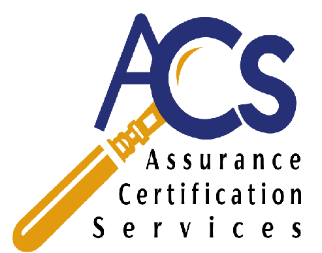Management System Certification
ISO 37001 - Anti-bribery management systems
he new standard for ISO 37001 Anti-Corruption Management Systems was published by the International Standards Organization (ISO) in 2016. With this standard, what needs to be done to prevent and detect corruption is standardized and designed for both the public and private sectors.
- Thanks to the implementation programs of this standard, organizations are well represented in the international arena,
- Certification of the organization assures suppliers and customers those adequate procedures exist among their counterparts,
- Assisting the organization in establishing, implementing, maintaining, and improving its anti-corruption compliance program,
is intended to identify a set of measures that should be implemented in a reasonable and proportionate manner by organizations.
It deals with both active (payer) and passive (recipient) corruption and therefore an organization’s;
- Corruption of its employees or associates on behalf of or for the benefit of the organization,
- Identifies measures necessary for the organization, its employees, or business partners to address corruption in relation to the organization’s activities.
The ISO 37001 Standard is applicable to all organizations in any country and is flexible and adaptable to a wide variety of organizations, including the public and private sectors. It has the same structure as ISO 9001, ISO 14001, and ISO 45001 and can be easily integrated into management systems already in place.
Today, central government institutions of many countries have made it mandatory to have ISO 37001 certificate and it is foreseen that ISO 37001 will become a requirement for international public procurement activities during the entire product and service realization of the institution.
It means dealing with anti-corruption issues raised by organizations, customers, and suppliers that hold ISO 37001 certification, and it is thought that awareness of corruption, which has become a major problem today, will be further developed.
ISO 37001 Anti-bribery Management System Requirements;
- Implementing the anti-bribery policy and program,
- Assigning the necessary responsibilities and authorities to oversee the program,
- Assessing bribery risks, including appropriate due diligence,
- Taking reasonable and proportionate steps to ensure that stakeholders are implementing appropriate anti-corruption controls,
- Checking gifts, entertainment, donations, and similar benefits to ensure there is no malicious intent,
- Implementing appropriate financial, procurement, and other business controls to help prevent the risk of bribery,
- Implementing reporting (notification) procedures,
- To convey the policy to all relevant personnel and stakeholders,
- To provide anti-bribery training to employees,
- Reasonably verifying that employees comply with the anti-corruption policy,
- Properly investigating and concluding an actual or suspected fraud can be summarized as the main lines of the standard.
ISO 37001 Anti-Corruption Management System audits are conducted in two stages in accordance with the certification process of our national and international representations. The first stage focuses on audit planning and assesses whether the organization is ready for the audit. In the second stage, the audit of how the Anti-Corruption Management System is implemented is carried out.

